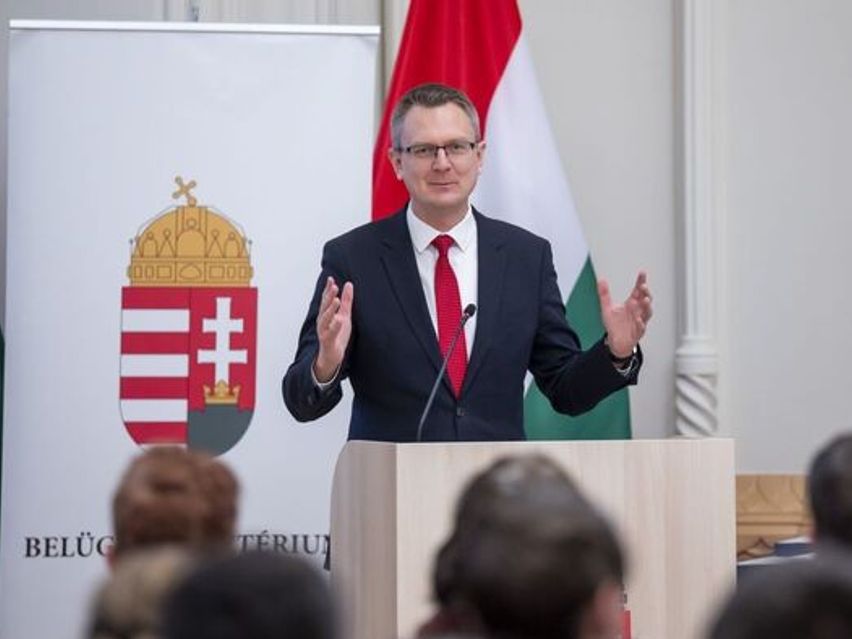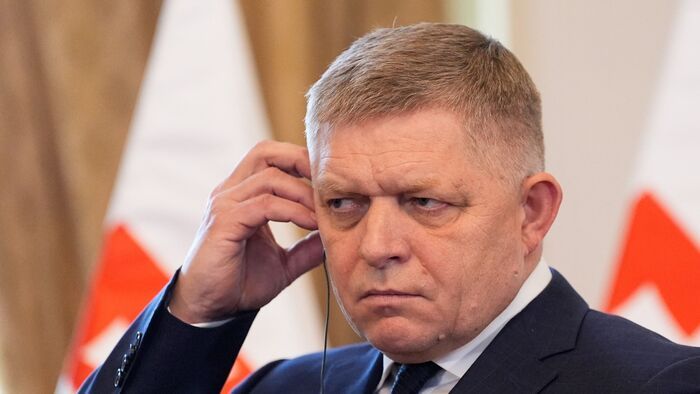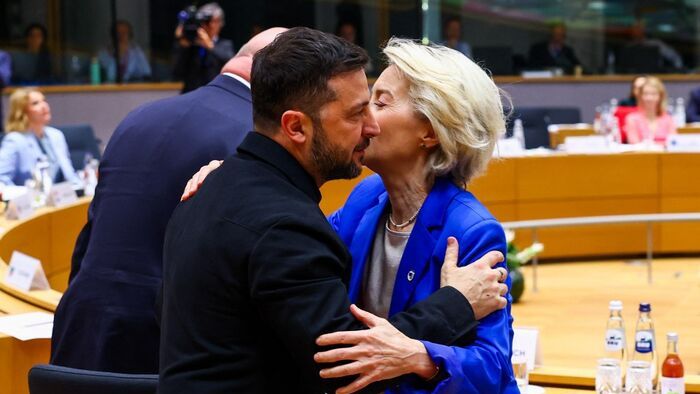"We must stand up for Hungary's national interests, and we cannot allow destabilization to occur as a result of the influence exerted by a media octopus financed from abroad," Istvan Tenyi said in the public interest report he filed with the Hungarian ministry of foreign affairs and trade.
In the document obtained by Magyar Nemzet, Tenyi requests the ministry to notify the United States of America – under article 9 of the Vienna Convention of 1961 – of the harmful activity conducted by US Ambassador to Budapest David Pressman.
As reported by Magyar Nemzet in a previous article, in a recent Financial Times interview, Pressman accused Hungarian Prime Minister Viktor Orban of pursuing a 'fantasy foreign policy'. In his answers, the ambassador also used terms such as 'imagined invaders' and 'fantasized Hungarophobia'. According to Tenyi, the content of the article suggests that
the United States has the instruments to exert influence on Viktor Orban.
He recalled a document published on the website of the Hungarian Mertek Media Monitor, which shows the media outlets and the amount of grants they received in the tender for funding announced by the US embassy in Budapest last autumn. Out of a total of 26 valid applications, 15 have been awarded grants totaling more than 115 million Hungarian forints, or 115 608 880 forints to be precise.























Szóljon hozzá!
Jelenleg csak a hozzászólások egy kis részét látja. Hozzászóláshoz és a további kommentek megtekintéséhez lépjen be, vagy regisztráljon!